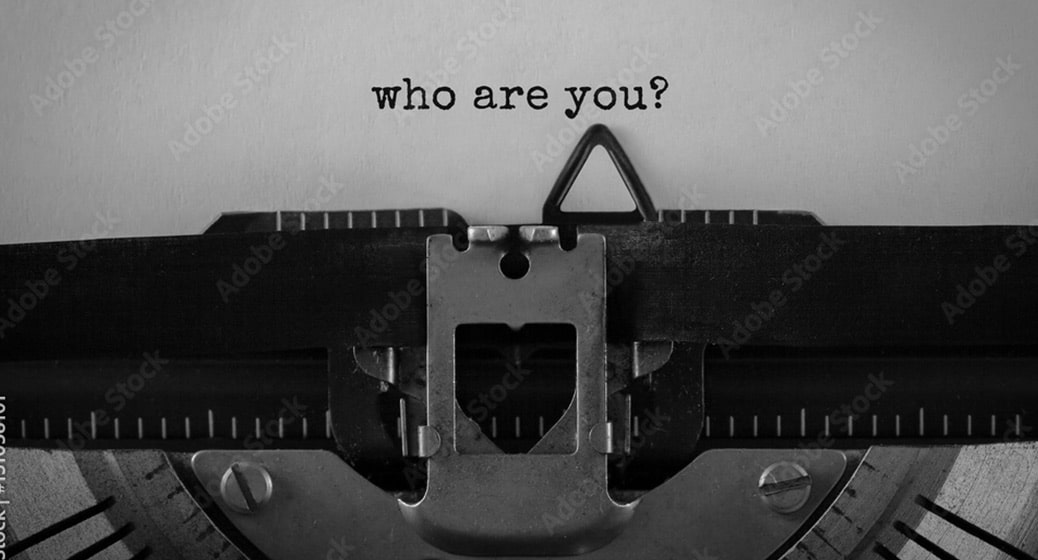Most therapists keep some form of notes to record patient encounters, keep track of important information, and monitor progress. Therapists who contract with insurance companies must write notes documenting each session.
What should be included in a therapy note, and how do you balance confidentiality with the need for accurate record-keeping? While there is some variation in how therapists keep and use notes, there are also standards and legal considerations to keep in mind when writing therapy notes.
SOAP notes
The field of psychology loves acronyms, and “SOAP” notes are a prime example. Each of the four letters in the word SOAP corresponds to a type of information that should be included in a therapy note: subjective, objective, assessment, and plan. The SOAP template helps the therapist to distill a 45-minute session into the most essential facts, keeping notes concise and professional.
Subjective– Subjective refers to information that the patient shares directly. It could be an account of their mood, functioning, or a significant event that occurred. To protect confidentiality, it is best to avoid quoting the patient directly. Instead, summarize their report using clear and concise language.
Example: Patient-reported low energy and difficulty concentrating this week.
Objective– Objective refers to factual information …
Money is often a fraught issue, particularly for therapists. We specialize in talking about difficult subjects, but somehow, the subject of money ...
Twenty percent of psychotherapy patients end treatment prematurely, against the advice of their providers. When a client terminates too soon, it can ...
The past 10 years have seen a resurgence of research on the therapeutic uses of psychedelics. A growing body of evidence ...
“How lucky I am to have something that makes saying goodbye so hard.” – A.A. Milne The therapeutic relationship is often ...
If you are like most therapists, the thought of an insurance audit fills you with anxiety and dread. Perhaps you have ...
Amanda Thebe thought she was dying when she developed severe vertigo and migraines at the age of 42. When these symptoms ...
With rates of anxiety and depression on the rise across the U.S., many people are seeking out alternative therapies. But do ...
As author John Donne wisely noted, “No man is an island,” and this is especially true when it comes to mental ...
Rest: Why You Get More Done When You Work Less by Alex Soojung-Kim Pang Alex Pang was accustomed to working long ...
If you are trying to build your caseload, specifying a niche might seem counterproductive. After all, a wide net catches the ...
The idea of branding yourself as a therapist may bring to mind cringy marketing pitches and dishonest salespeople. But establishing a ...
















